Step 7: Provide Assurance
Expert support is always available to you
Whether it’s a clinical question about a student/client, a training-related issue, or a certification-related question, you get all the support you deserve as a member of the PCM association.
Typical frustrations organizations have after implementing a Crisis Management system
Do you share these typical goals and desires regarding crisis management system support?
Sometimes my staff have questions prior to starting a training, or even during a training, that need answered right away, and not being able to get a prompt answer is disruptive to my whole organization.
Our current crisis management system has no one on staff to answer restraint-related clinical questions that may arise.
My current crisis management system is an “out-of-the-box” product and does not consider unique situations where the standard procedures that are taught might not be effective.
The last thing administrators need is the added burden of more paperwork, and tracking all of the certification statuses for all of my employees may take me away from tasks that are more critical to my organization.
Sometimes I feel like mine is the only agency having a particular problem and I’m left wondering if there’s others who have already faced and effectively dealt with the problem.
When I have an important issue come up that can’t be answered by my in-house trainers, I need to get a response within 24 hours and not just a satisfactory response, but I want to feel like I now have a plan.
I want a support system where they can not only answer standard questions about their system of crisis management, but also our clinical questions about how restraint can interact with behavior problems.
At times we may need to modify procedures for specific individuals to meet their needs. We need the crisis management agency to provide critical guidance if/when we have to modify a procedure.
We want an automated system that not only enters all training information for our instructors but that also can send reports about training status to my managers
I want the ability to connect with other instructors or administrators who are dealing with the same situations and the same system of crisis management.
The concept behind PCMA's wide scope of expert support: PACER.
PACER is the model that the PCMA signature system uses to provide the Assurance to its members that all the Needs and Desires in this step of the system are being met. PACER is an acronym that stands for Peers, Automation, Customized, Expert staffed, and Responsive.
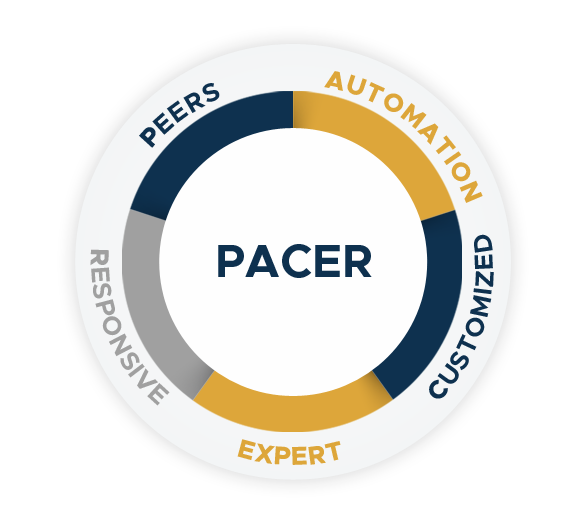
The 5 aspects of the PACER support model
Having the expert PACER support that only members get, whenever you need it, is like “having a friend in the business.”
Your friend gives you the inside information and they prioritize answering you quickly.

“Assure”, the seventh step in the PCM system, is the first step in the Support Stage of PCM. It is designed to support the continued success and progress in using PCM within an organization.
The PACER acronym stands for Peers, Automation, Customized, Expert and Responsive.
- Peers:
Membership in the PCM Association comes with access to our online community of your fellow instructors, practitioners and administrators. This is where you can share your experiences or gain from the experiences of others who have faced similar issues. There’s also a training portal where partners can advertise their own training opportunities. - Automation:
Once received by PCMA all trainings are automatically entered into our easily accessible online database. Once materials are received by PCMA, instructors and practitioners will receive automated emails about their test scores and current certification status. They will also receive reminders about their need for upcoming re-certification. - Customized:
Although the PCM procedures will allow staff to safely contain most individuals, some facilities find it necessary to make small modifications to allow for individual differences between clients/students. PCMA can help guide the decision-making process if a facility considers modifying a procedure. - Expert:
Membership provides expert level support for your organization that goes well beyond the initial PCM training. Many organizations have a variety of restraint-related behavioral issues, and many of these problems are quite complex requiring consultation with an expert in the field of behavior analysis and crisis management. - Responsive:
Not only will your phone calls and emails be answered promptly, but PCMA strives to give solutions, not simply a reply. For example, many responses we give involve not just one but 3 or 4 possible solutions for staff to try and then provide follow-up.
Testimonial
Amanda Clay MS. Ed

Investing in a Professional Crisis Management System is not a one time deal. It is the beginning of a long term relationship. Once your organization is live, you want to be assured of ongoing, rock solid support.
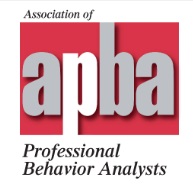
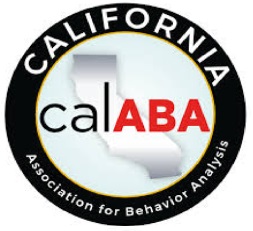
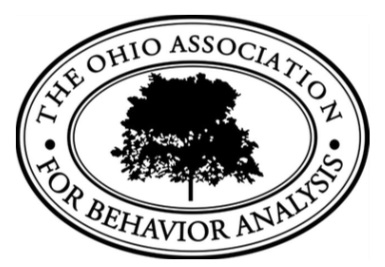
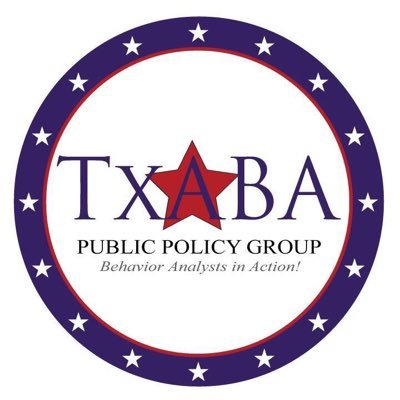
A sample of the Applied Behavior Analysis Associations we participate with
